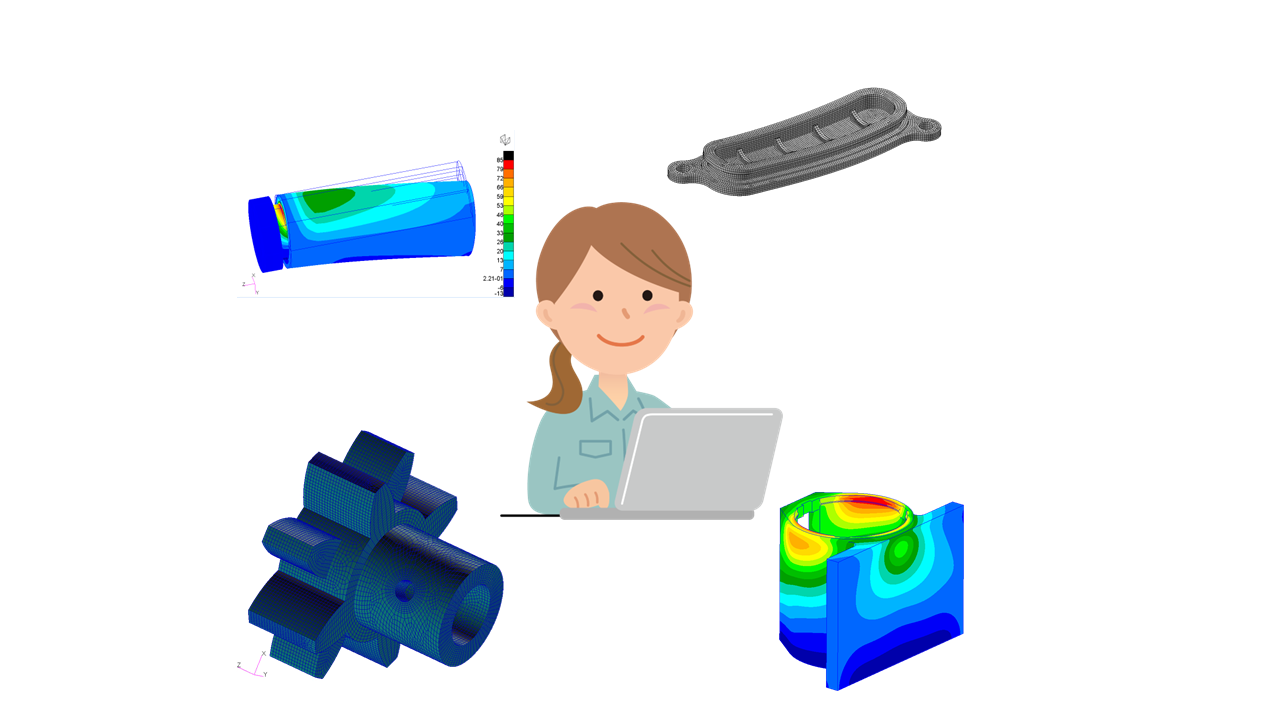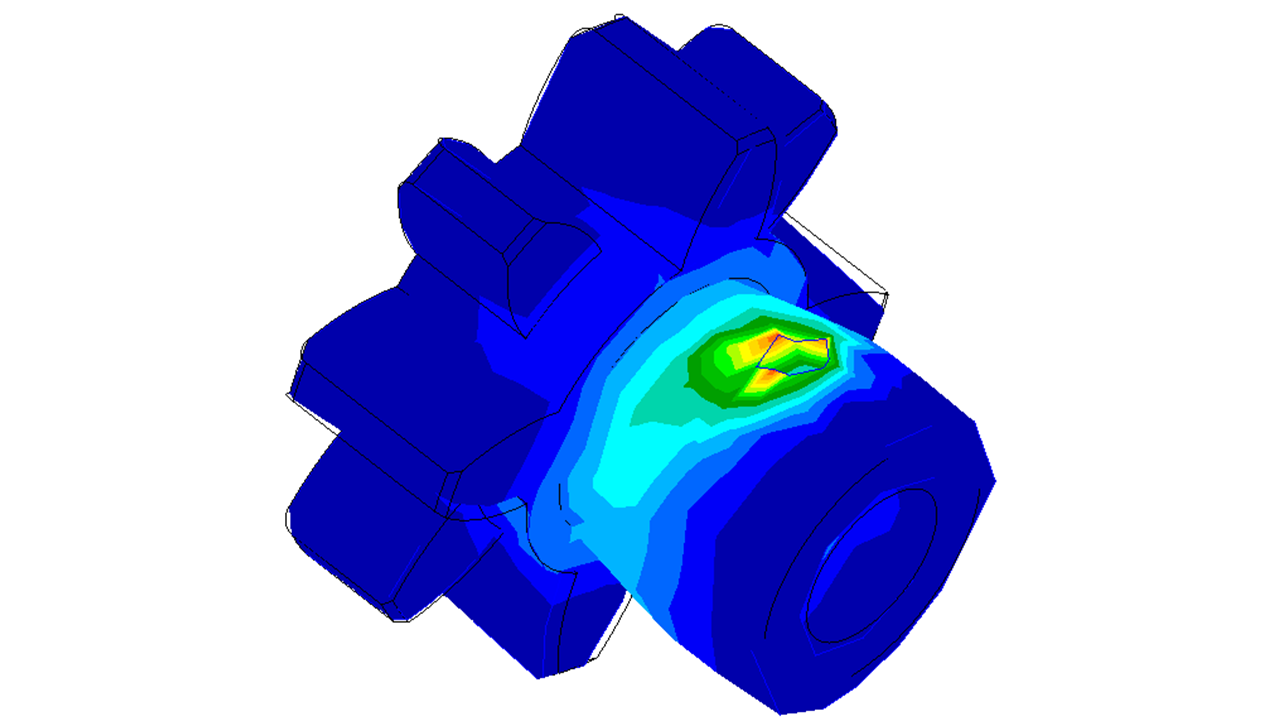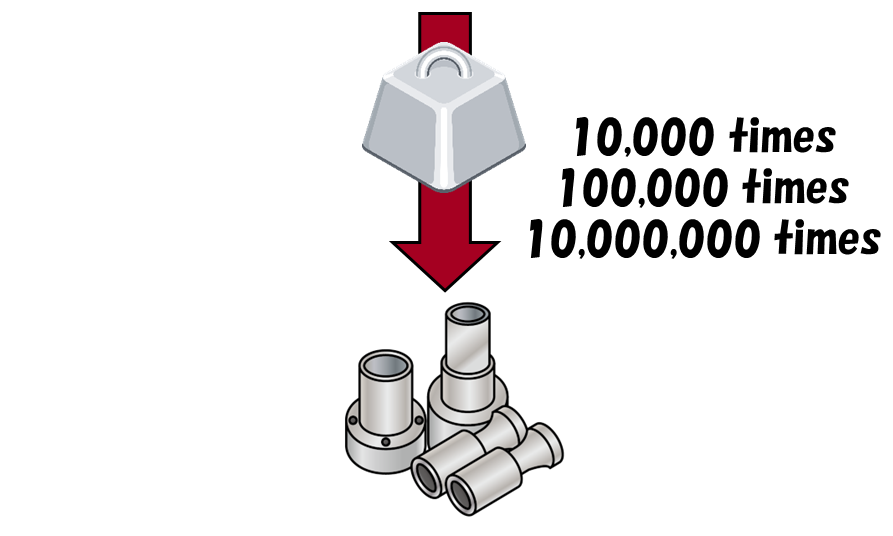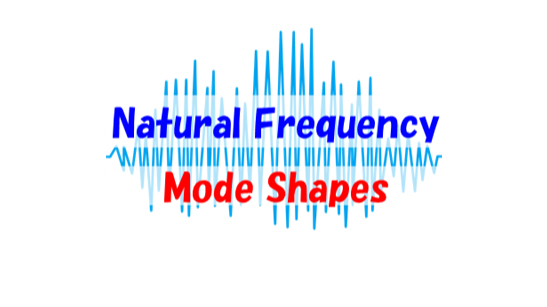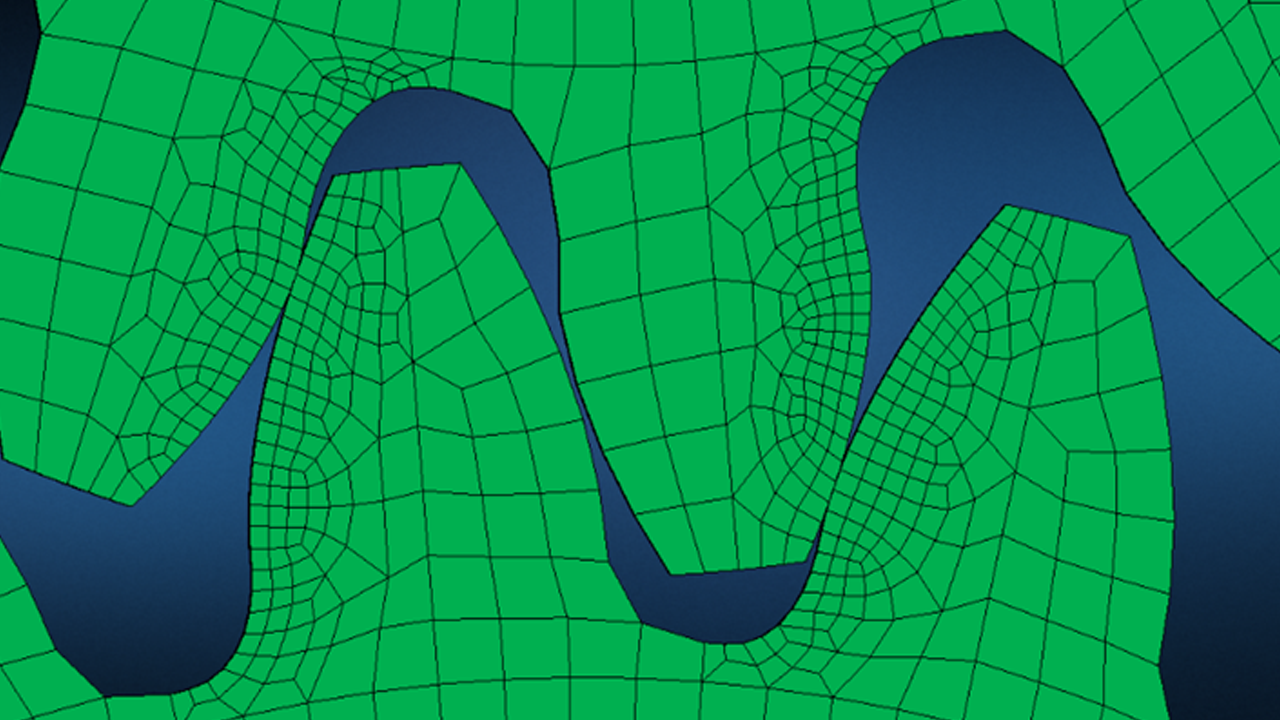Simulation Software 
- Pre & Post Processor : MSC Apex/Patran
- Solver : MSC Nastran
(Multidisciplinary Structural Analysis) - Capabilities(*) : Linear and Nonlinear FEA
(Statics, Dynamics, Thermal, Buckling and Fatigue)
(*) In addition to the analysis mentioned above, we can conduct analysis like the ones described below in cooperation with our partner institutions:
- Computational Fluid Dynamics (CFD)
- Multibody Dynamics (MBD)
- Manufacturing Process Simulation
(Forming, Welding and Additive) - Explicit Dynamics & Fluid Structure Interaction
- Acoustic Simulation
- Multi-scale Material & Structure Modeling
If you need any analysis, please do not hesitate to contact us.
Traditional vs Simulation – driven method

□ Simulation-driven Method (FEA) : Easy, fast and cost-efficient design cycles
Reference: forcetechnology.com
Case studies
The images below show a comparison between simulated and actual test results.
□ Pinion failure analysis
(a) actual – sample #1 (b) actual – sample #2 (c) sectioned FEA result (d) top view FEA result.
□ Screw boss failure analysis
(a) 3D model (b) stress concentration using FEA (c) actual failure (d) pressure distribution using FEA.
□ Cover thermal buckling analysis

-Related Page-
Get in Touch with Us
If you have any questions and/or requests concerning our CAE (Computer-Aided Engineering) analysis service, get in touch with us by clicking here.


